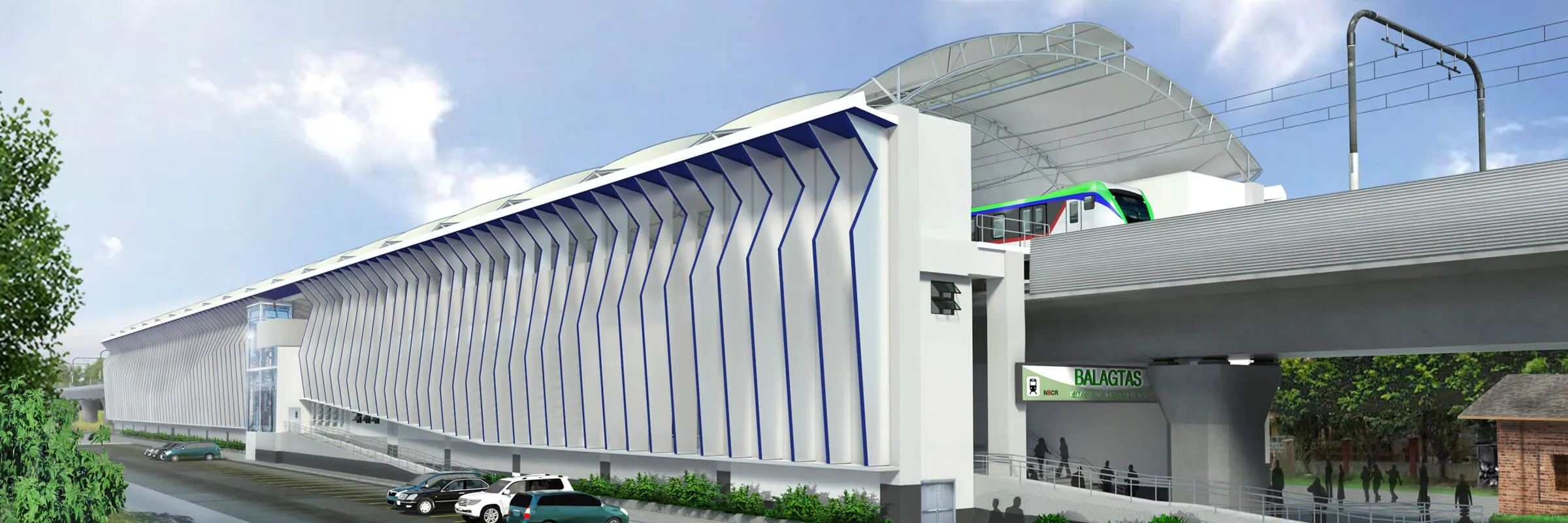A globally connected workforce of specialists, operating out of more than 40 countries
From the early pioneers on the Snowy Mountains Hydroelectric Scheme, to our leaders and innovators of today, our people make us who we are.

- About
We align specialist expertise to deliver effective, practical and sustainable outcomes
Through our network of global specialists and by collaborating with local partners, we connect you with the best teams and capabilities to deliver highly innovative and sustainable solutions.

- Expertise
- Markets
- Aviation
- Energy & Renewables
- Environment
- Hydropower & Dams
- International Development
- Ports & Maritime
- Rail & Metro
- Roads, Bridges & Highways
- Urban Communities
- Water & Wastewater
- Solutions
- Overview
- Air Quality
- Asset Management
- Business & Investor Advisory
- Building Services Engineering
- Civil & Structural Engineering
- Communication & Stakeholder Engagement
- Construction Phase Services
- Development Management
- Digital
- Energy Efficiency
- Environment and Social Impact Assessment
- Geospatial Services
- Geotechnical Investigations
- Geotechnics
- Independent Verification
- Landscape Architecture
- Master Planning
- Operational Readiness
- Operations & Maintenance
- Pedestrian Modelling
- Planning
- Project Management
- Rail systems
- Survey
- Sustainability
- Tunnels
- Training & Capacity Building
- Urban Design
- Water Sensitive Urban Design
We're committed to positively impact the individuals and communities we work with
As an organisation we are continually evaluating ways we can better provide a safe, flexible, inclusive and respectful workplace for our people and clients.

- Responsibility
Join an inclusive workplace rich in diverse thinking
People are at the heart of our organisation, we strive to create a flexible, diverse and inclusive environment that enables our people to thrive to their fullest potential.
Explore career opportunities
- Careers
-
Global
The Kigali Master Plan 2050 Vision, dubbed ‘Kigali Yacu!’ meaning ‘Our Kigali!’, will guide the development of a city accommodating 3.8 million residents and providing 1.8 million jobs by 2050. This will be achieved through introducing a more equitable, flexible and incremental approach to city development, aligned with the UN-Habitat principles and the United Nations Sustainable Development Goals.
SMEC and Surbana Jurong co-developed a methodology to update the previous Kigali master plan adopted in 2013. Surbana Jurong led the urban planning and design work while SMEC provided its engineering expertise in infrastructure and transportation, including planning and traffic engineering, water supply and community engagement. The enhanced master plan supports sustainable economic growth and community wellbeing by promoting mixed-use development and efficient land use, providing an integrated infrastructure and transport network, and ensuring equal access to essential services, housing, public facilities, open spaces and transportation.
The updated masterplan was the outcome of intensive community engagement and secondary research. Kigali’s residents were engaged through 16 focus groups, stakeholder meetings and co-design workshops. Comments from government officials and the public were incorporated into the review.
“We supported the participatory process with a wide variety of communication channels including meetings, planning displays, public announcements, social media and virtual messaging platforms to engage as many Rwandans as possible in the feedback and input process,” said Gabriella Robba, Public Engagement Expert, SMEC.
Surbana Jurong and SMEC also undertook additional socio-economic and demographic studies, which gathered new primary and secondary data to support the modelling for a citywide transport plan.
“The highlight of the master plan development is the integration of key elements of the city-wide informal settlements upgrading strategy that we have elaborated for the City of Kigali, and the participatory and consultative approach adopted,” said Mathias Spaliviero, Senior Human Settlements Officer, Regional Office for Africa, UN-Habitat.
Benon Rukundo, Acting Director, One Stop Centre, City of Kigali, said, “The revised Kigali master plan is a key milestone for a rapidly evolving city in a country that is experiencing significant change in social and economic dynamics. Our key objective is to develop a citizen-centred masterplan that provides the City of Kigali with a solid base for future urbanisation. We are excited for the plan to be implemented.”
 Hydropower investigation, Sierra Leone
Hydropower investigation, Sierra Leone
Hydropower investigation, Sierra LeoneHydropower investigation, Sierra Leone


